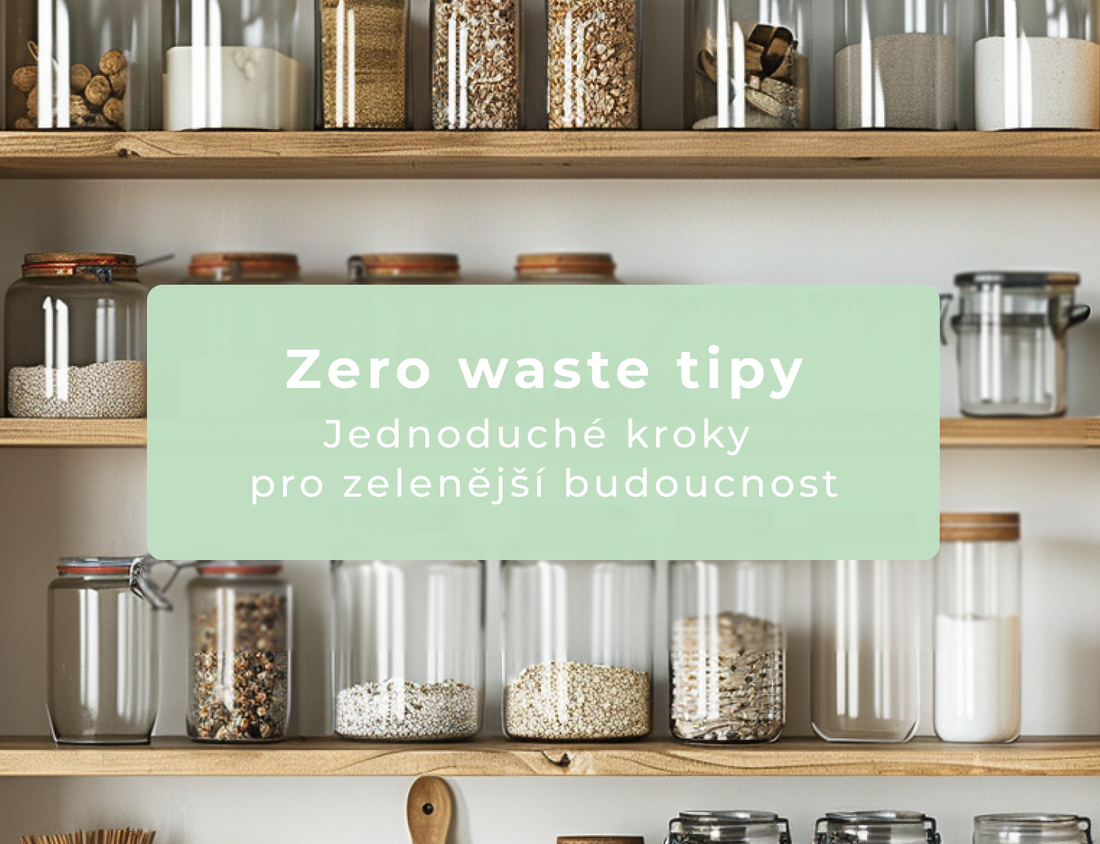What is zero waste?
Zero waste is a philosophy and approach aimed at eliminating or minimizing the amount of waste produced by individuals, businesses, and our society as a whole. The ultimate goal of zero waste is to create a circular economy where resources are used efficiently, waste is minimized, and materials are continuously reused or recycled. Although achieving absolute zero waste can be challenging, adopting the most important zero waste principles can significantly reduce environmental impact, conserve resources, and promote a more sustainable future.
The main principles of zero waste include:
- Reuse = reuse: Instead of throwing things away after one use, it supports zero waste approach their reuse. This may also include repairs, donating or selling used goods, and participating in shared sharing or exchange programs.
- Recycle = recycling: Recycling is an important part of zero waste living. It includes the transformation of waste materials into new products, which will prevent them from ending up in landfills. It is important to note, however, that recycling should be considered a last resort after you have tried to minimize the waste produced and reuse it in any way possible. Recycling still requires a certain amount of energy and resources.
- Compost = composting: Composting organic waste, such as food scraps, is another integral part of the zero waste approach. This process allows for the creation of nutrient-rich compost that can be effectively used in gardening and agriculture.
- Redesign = reworking: Zero waste also supports the reworking of products and packaging to make them more sustainable and environmentally friendly. This includes the use of materials that are easily recyclable or compostable, reducing packaging waste, and producing products that have a long lifespan and are easy to repair.
How to start with zero waste
If you want to transition to a zero waste lifestyle, you will first need to familiarize yourself with the basic principles and practices. It is important to understand the impact of produced waste on the environment and to focus on all strategies for its reduction, reuse, and recycling.
Take a closer look at your current lifestyle. What kind of waste do you produce the most? How can you improve this? Answers to these questions should help you set realistic and achievable goals for your zero waste journey. It's definitely a good idea to start with small changes and gradually incorporate more sustainable habits into your daily life.
You can also plan a big clean-up in your home, during which you can get rid of things you no longer need or use and donate them to someone.
Our next great tip, on how to start with zero waste, is to plan your meals in advance. Try creating a shopping list based on the planned meals for the upcoming days. This is the only way to avoid buying an excessive amount of perishable goods and thus unnecessary food waste. When shopping, try to choose products that are not wrapped in plastics, or you can directly look for stores that offer bulk options.
Share your zero waste journey with others. Educate and inspire those around you to adopt more sustainable practices. You can gradually build a network of friends, family, or neighbors with whom you can share items like various tools, kitchen appliances, or books. To reduces the need for individual ownership and fosters a sense of community.
Remember that transitioning to a zero waste lifestyle is a process that takes time and effort. Start with small changes and celebrate every little progress you make on your journey.
Practical zero waste tips that you can easily incorporate into your everyday life
Tips for a zero waste household
Tips for zero waste shopping
More useful tips on how to live a zero waste lifestyle
By adopting these practices and raising awareness about the importance of waste reduction, we can all actively work towards a more sustainable future for generations to come.



